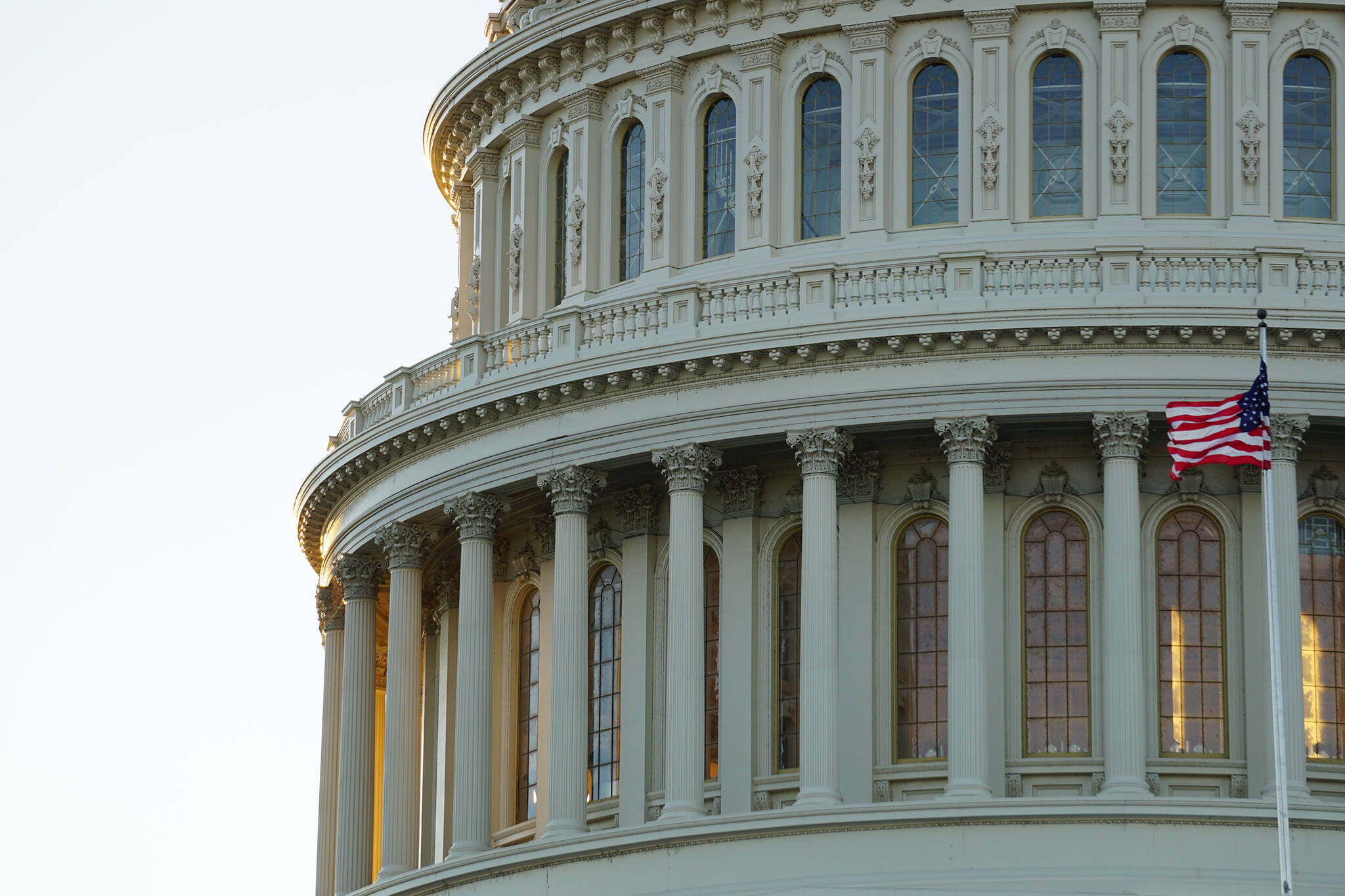Some argue that the federal government paid out far too much money to too many people under the headline of “pandemic relief aid.”
Up to $3,200 per person in cash, expanded and extended unemployment and food stamp benefits, child tax credits, mortgage assistance payments, rent relief payments, help with utilities, larger subsidies for health insurance on the Affordable Care Act marketplace, business grants and low-interest loans, federal aid to cities and states with few strings attached.
But those programs, which started more than two years ago, are gone or winding down, with the Supplemental Nutrition Assistance Program, formerly called food stamps, the next program that will reset back to pre-public health emergency levels. That will substantially cut back benefits for more than 50,000 Alaska households, with the reductions taking millions of dollars a month off the breakfast, lunch and dinner tables of families in need.
The political and economic debates over whether the federal government paid out too much money to people, businesses and communities the past two years means nothing to the families, children, young and old adults who now find the so-called “safety net” has some holes.
There is still time, however, to avoid the next tear in that net, though the deadline is September and the fix is up to Congress — more known of late for caring about elections than people.
The cost of health insurance will rise substantially next year for about 13 million Americans — and more could lose their coverage — unless Congress can summon the political will and the votes before leaving town for summer break and election campaigns.
Under the American Rescue Plan Act of 2021, lawmakers boosted the subsidies for low-income people to purchase insurance through national or state Affordable Care Act exchanges — and granted those benefits to middle-income Americans for the first time.
Those subsidies work on a sliding scale, depending on income, with the American Rescue Plan capping the premium for people at the higher end at 8.5% of their income.
Those expanded subsidies, however, are set to expire at the end of this year unless Congress extends the help. The cost would be about $22 billion a year, or less than 0.004% of the federal budget.
For participating Alaskans, the loss of enhanced federal subsidies would boost the average cost of health insurance by $1,164 a year — the fifth-highest increase in the nation — according to data from the Centers for Medicare and Medicaid Services, as compiled by Families USA, a nonprofit health advocacy organization.
The increase would add more than $26 million a year in insurance costs to the household budgets for almost 23,000 Alaskans who buy insurance through healthcare.gov, according to the Families USA analysis.
That assumes those Alaskans could afford the larger bills and keep their coverage. If not, they would go without coverage, as they are over-income for Medicaid and too young for Medicare.
Losing insurance is not a good answer for keeping people healthy and holding down medical costs.
Much of the problem in Congress is the refusal of Republicans, particularly in the Senate, to approve anything that has a Democratic tinge or taint to it, and Democrats’ inability to stick together and accomplish much of anything. However, there is still time to avoid a terminal prognosis. Congress needs to put health ahead of politics and extend the program.
• Larry Persily is a longtime Alaska journalist, with breaks for federal, state and municipal service in oil and gas, taxes and fiscal policy work. He is currently owner and editor of the weekly Wrangell Sentinel newspaper. Columns, My Turns and Letters to the Editor represent the view of the author, not the view of the Juneau Empire. Have something to say? Here’s how to submit a My Turn or letter.

